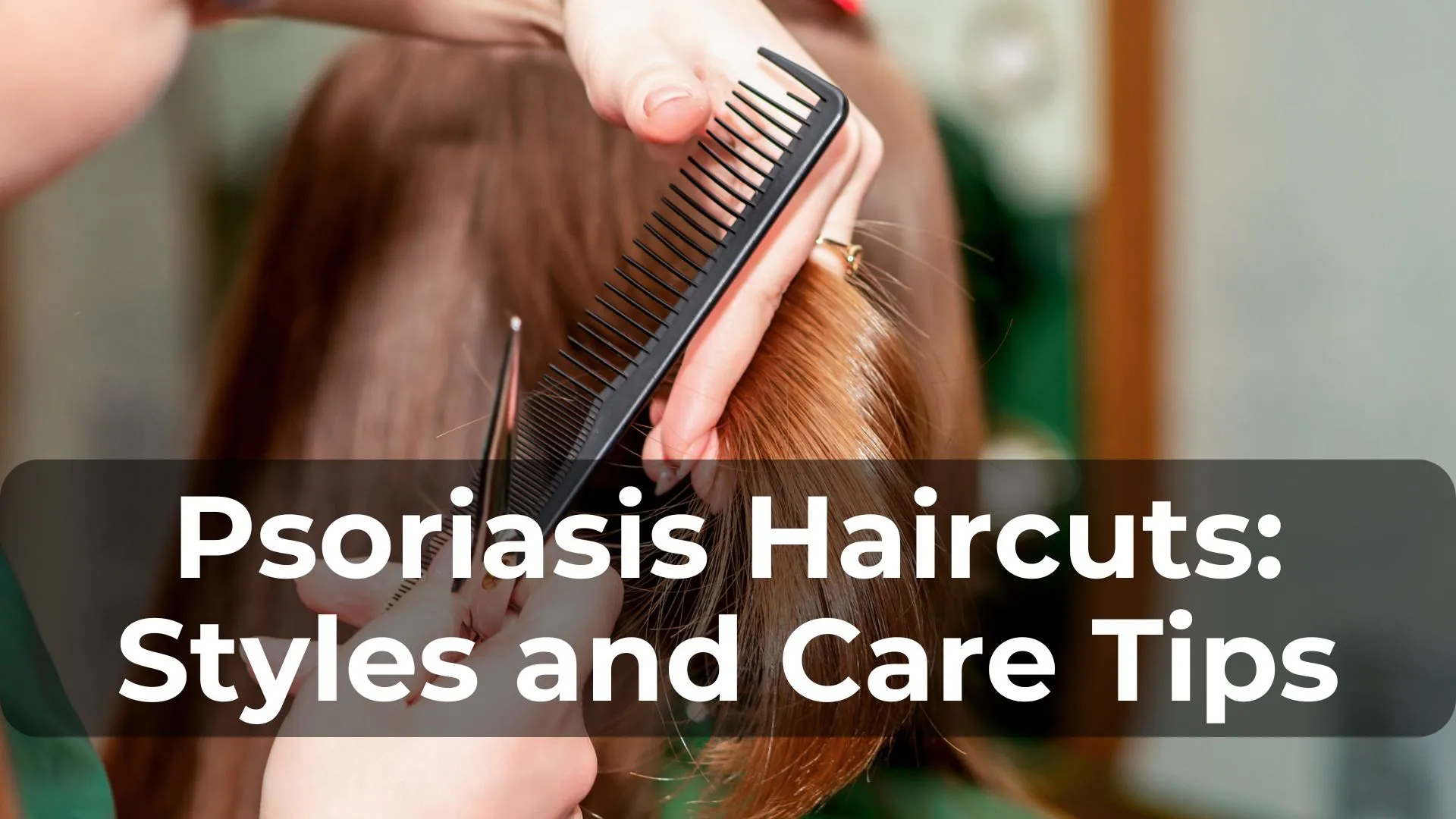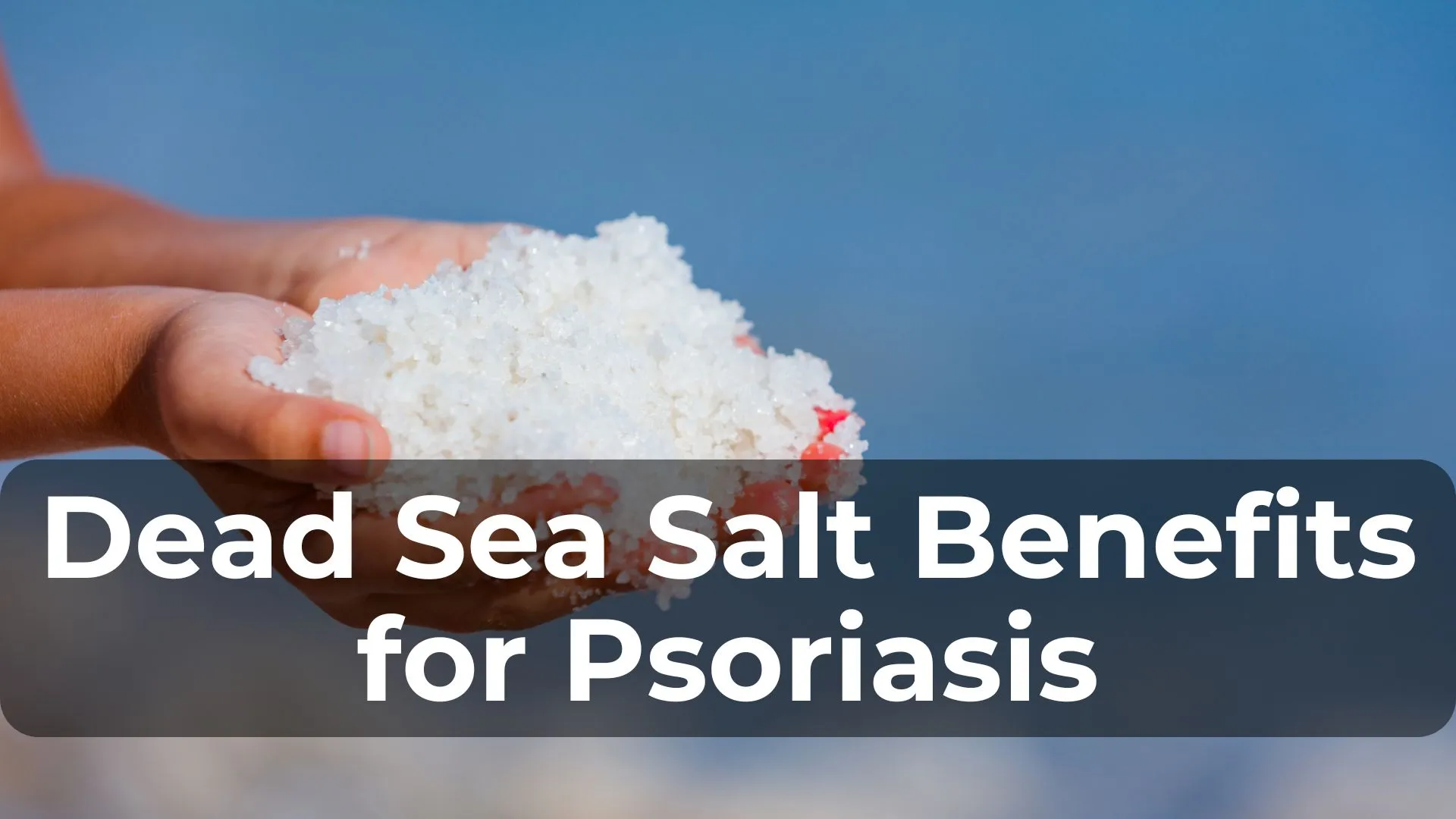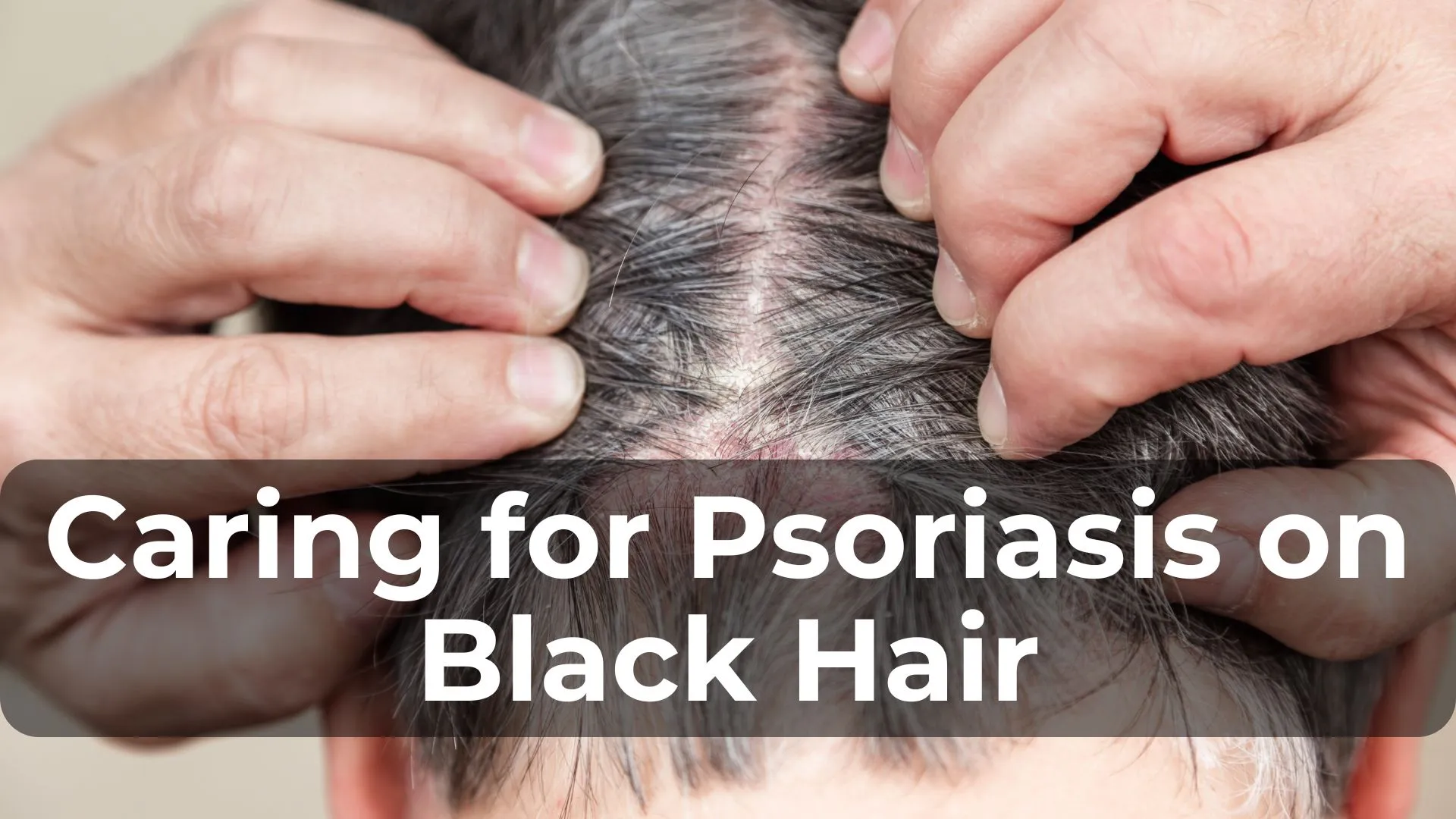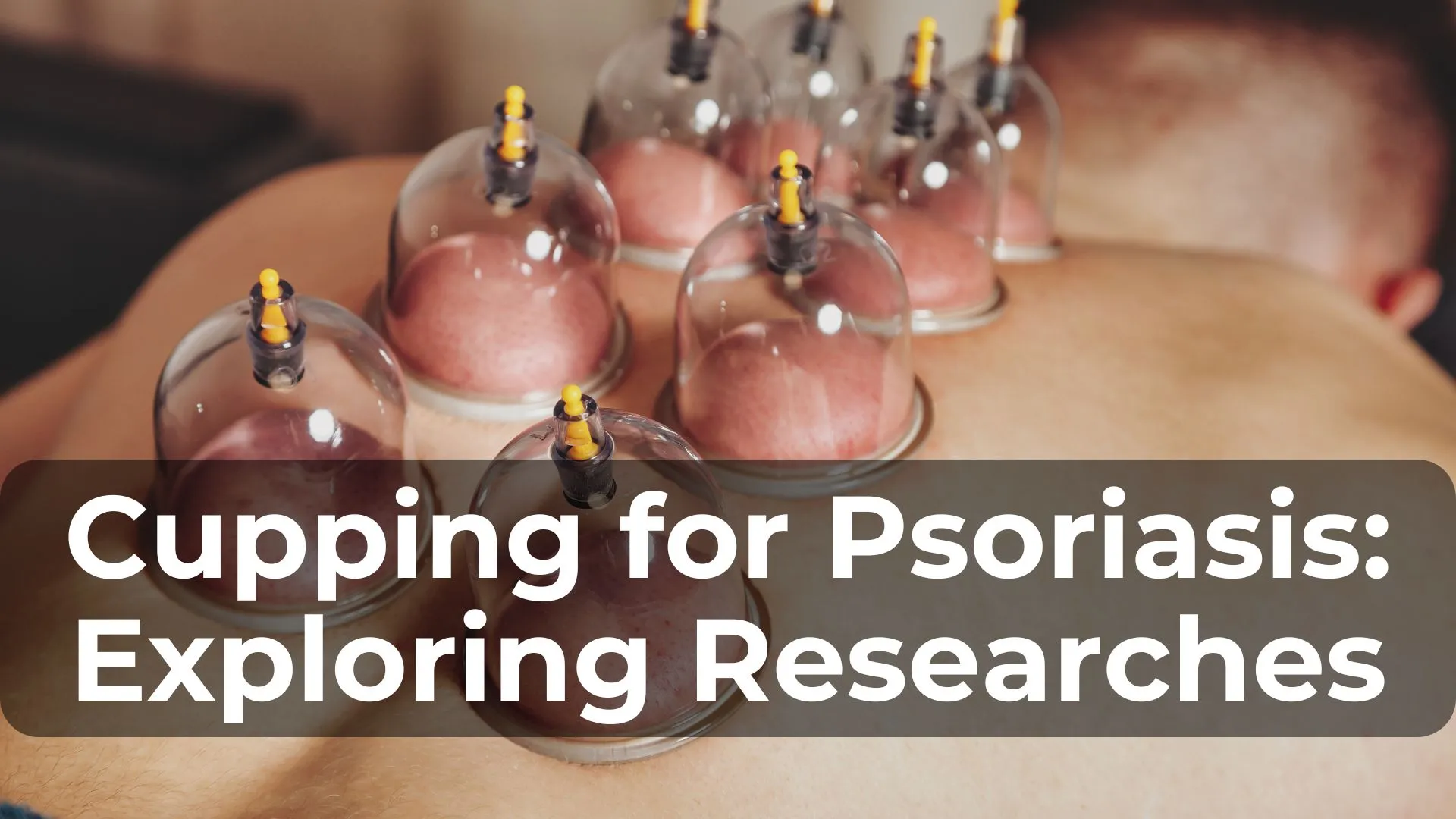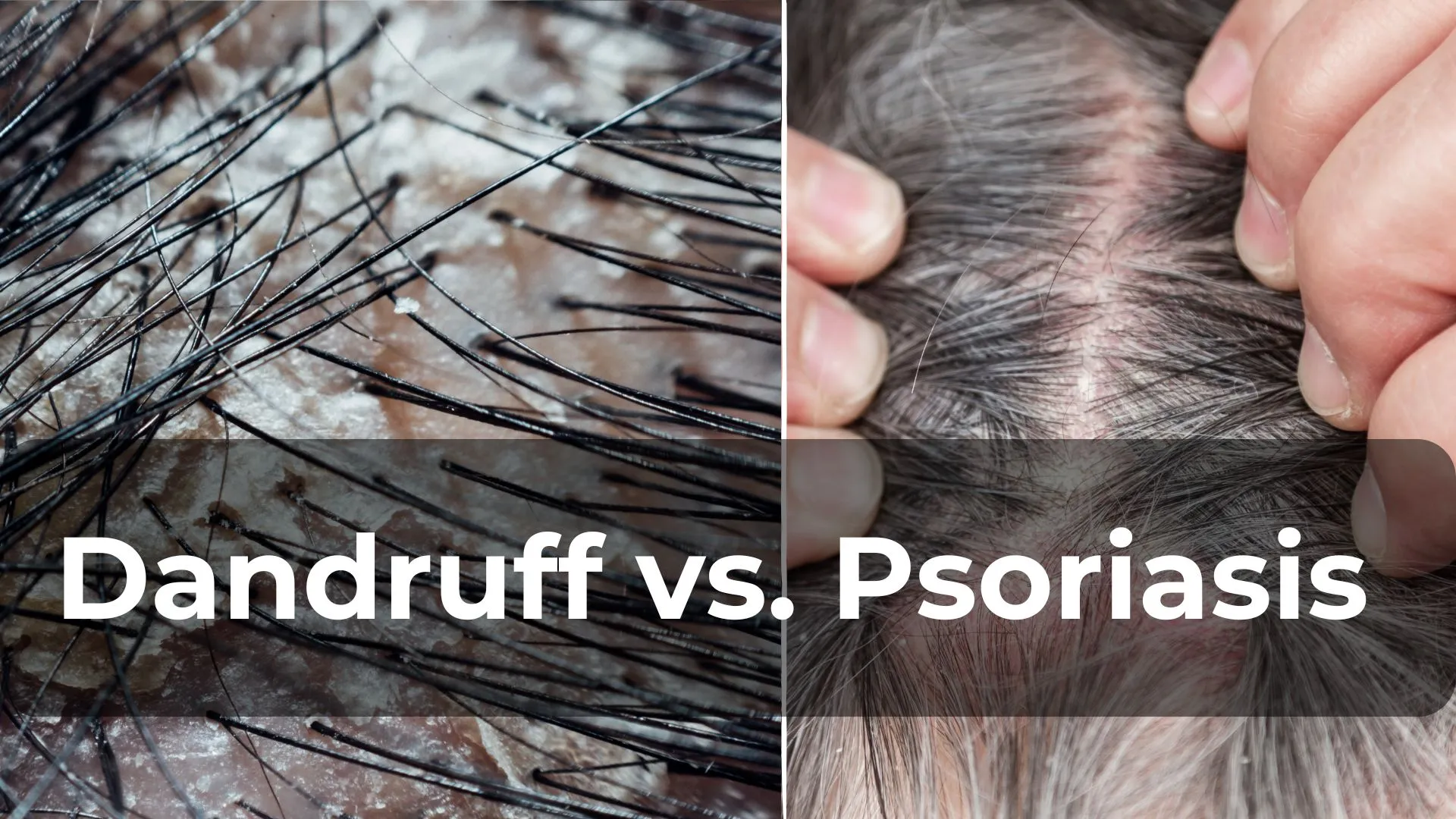
Is your scalp feeling flaky and itchy, and you’re not sure what’s going on? It’s easy to mistake dandruff for psoriasis since both conditions can make your scalp look like a snow globe. But don’t worry, we’re here to clear things up! Let’s dive into the details of dandruff and psoriasis, so you can understand the differences and find the right treatment.
Understanding Dandruff
Dandruff is pretty common and usually not something to lose sleep over. You might notice those pesky white flakes on your shoulders or in your hair, especially when you’re wearing your favorite black shirt. But what exactly is dandruff?
What Causes Dandruff?
Dandruff is often caused by a yeast-like fungus called Malassezia. This fungus loves to hang out on your scalp, and when it gets a bit too cozy, it can cause your skin cells to renew more quickly than usual. The result? Those annoying white flakes.
Other factors that can contribute to dandruff include:
- Dry skin: Especially common in winter, dry skin can flake off and cause dandruff.
- Oily skin: Yep, you read that right. When your scalp is too oily, it can become a breeding ground for dandruff.
- Not shampooing enough: Skipping washes can lead to a build-up of oil and dead skin cells.
- Sensitivity to hair products: Some products can irritate your scalp and lead to dandruff.
Symptoms of Dandruff
How do you know if you have dandruff? Look out for these tell-tale signs:
- White or yellow flakes: These can fall from your scalp and settle on your shoulders.
- Itchy scalp: Your scalp might feel irritated and itchy.
- Oily patches: You might notice greasy patches on your scalp.
Understanding Psoriasis
Psoriasis is a bit more complicated than dandruff. It’s a chronic autoimmune condition that speeds up the life cycle of skin cells. This results in cells building up rapidly on the surface of the skin, forming scales and red patches that can be itchy and sometimes painful.
What Causes Psoriasis?
The exact cause of psoriasis isn’t fully understood, but it’s believed to be related to an immune system problem with T cells and other white blood cells. Genetics and environmental factors also play a role. Triggers for psoriasis can include:
- Infections: Such as strep throat.
- Injury to the skin: Like a cut, bug bite, or severe sunburn.
- Stress: High stress levels can trigger or worsen psoriasis.
- Weather: Cold, dry weather can make symptoms worse.
- Smoking and heavy alcohol consumption: Both can increase the risk and severity of psoriasis.
Symptoms of Psoriasis
Psoriasis symptoms can vary, but here are some common ones to watch for:
- Red patches of skin covered with thick, silvery scales: These can appear anywhere on the body, including the scalp.
- Dry, cracked skin that may bleed: This can be painful and uncomfortable.
- Itching, burning, or soreness: These sensations can be intense.
- Thickened or ridged nails: Psoriasis can affect your nails, making them thick and discolored.
How to Tell the Difference
Now that you know the basics, how can you tell if you’re dealing with dandruff or psoriasis? Here are some key differences to help you out:
Location of Flakes
- Dandruff: Flakes are usually white or yellowish and found primarily on the scalp.
- Psoriasis: Flakes are thicker, silvery scales that can appear not just on the scalp but also on other parts of the body like elbows, knees, and lower back.
Appearance of the Affected Skin
- Dandruff: The skin underneath is usually just oily or dry, not red or inflamed.
- Psoriasis: The skin underneath the scales is often red and inflamed.
Itchiness and Discomfort
- Dandruff: Itchiness can be annoying but usually isn’t severe.
- Psoriasis: The itchiness can be much more intense and is often accompanied by burning or soreness.
Treatment Options
Whether it’s dandruff or psoriasis, there are treatments available to help manage your symptoms.
Treating Dandruff
For dandruff, over-the-counter shampoos can often do the trick. Look for ingredients like:
- Zinc pyrithione: Reduces fungus and bacteria.
- Salicylic acid: Helps remove flakes.
- Selenium sulfide: Slows down skin cell turnover.
- Ketoconazole: Fights fungal infections.
Natural Alternative: Baking soda can be an effective natural remedy for dandruff. Simply wet your hair and then rub a handful of baking soda vigorously into your scalp. Rinse thoroughly. Baking soda reduces fungi that cause dandruff and helps exfoliate your scalp.
If over-the-counter options or natural remedies don’t work, it might be time to see a dermatologist. They can prescribe stronger treatments.
Treating Psoriasis
Psoriasis treatment usually requires a bit more effort. Some options include:
- Topical treatments: Corticosteroids, vitamin D analogues, and retinoids can help reduce inflammation and slow skin cell growth.
- Phototherapy: Exposing the skin to ultraviolet light under medical supervision can be effective.
- Systemic treatments: Oral or injected medications that affect the whole body may be necessary for severe cases.
Holistic Healing: For a natural and comprehensive approach to psoriasis, it’s essential to address the root cause. The Psoriasis Freedom Protocol is a complete guide that offers step-by-step instructions to achieve 100% natural healing. This protocol emphasizes detoxifying your body, balancing your immune system, and working on all aspects of your health to restore balance and promote healing.
When to See a Doctor
If you’re not sure whether you have dandruff or psoriasis, or if your symptoms are severe, it’s always a good idea to see a doctor. They can provide a proper diagnosis and recommend the best treatment plan for you.
Final Thoughts
Dealing with a flaky, itchy scalp can be frustrating, but understanding the differences between dandruff and psoriasis is the first step toward finding relief. Remember, dandruff is usually easier to manage with over-the-counter products or natural remedies like baking soda, while psoriasis might require more comprehensive treatment or a holistic approach like the Psoriasis Freedom Protocol.
So, next time you notice flakes on your shoulders, take a closer look. Is it just dandruff, or could it be something more? Either way, there are treatments out there that can help you get your scalp back to feeling healthy and comfortable. And if you’re ever in doubt, don’t hesitate to reach out to a healthcare professional for guidance.


